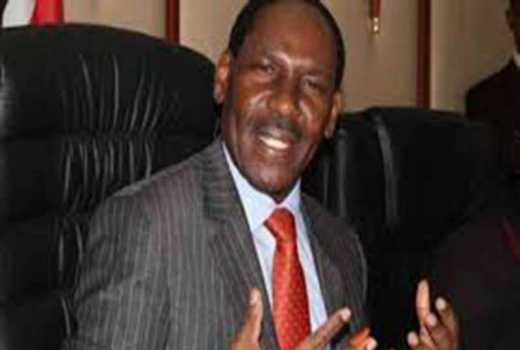×
The Standard e-Paper
Kenya’s Boldest Voice

Let me tell you why Kenya Film Classification Board CEO Ezekiel Mutua – thankfully not my relative – isn’t my rafiki (friend) at all. Dr Mutua is a man of bombast. In fact, he’s more Christian than Jesus, if that’s possible.
That’s another way of saying that the self-regarding Mutua could be a vacuous hypocrite – the sort of citizen who appoints himself the sole moral policeman. He wants us to believe he’s infallible – like the Popes of yesteryear.